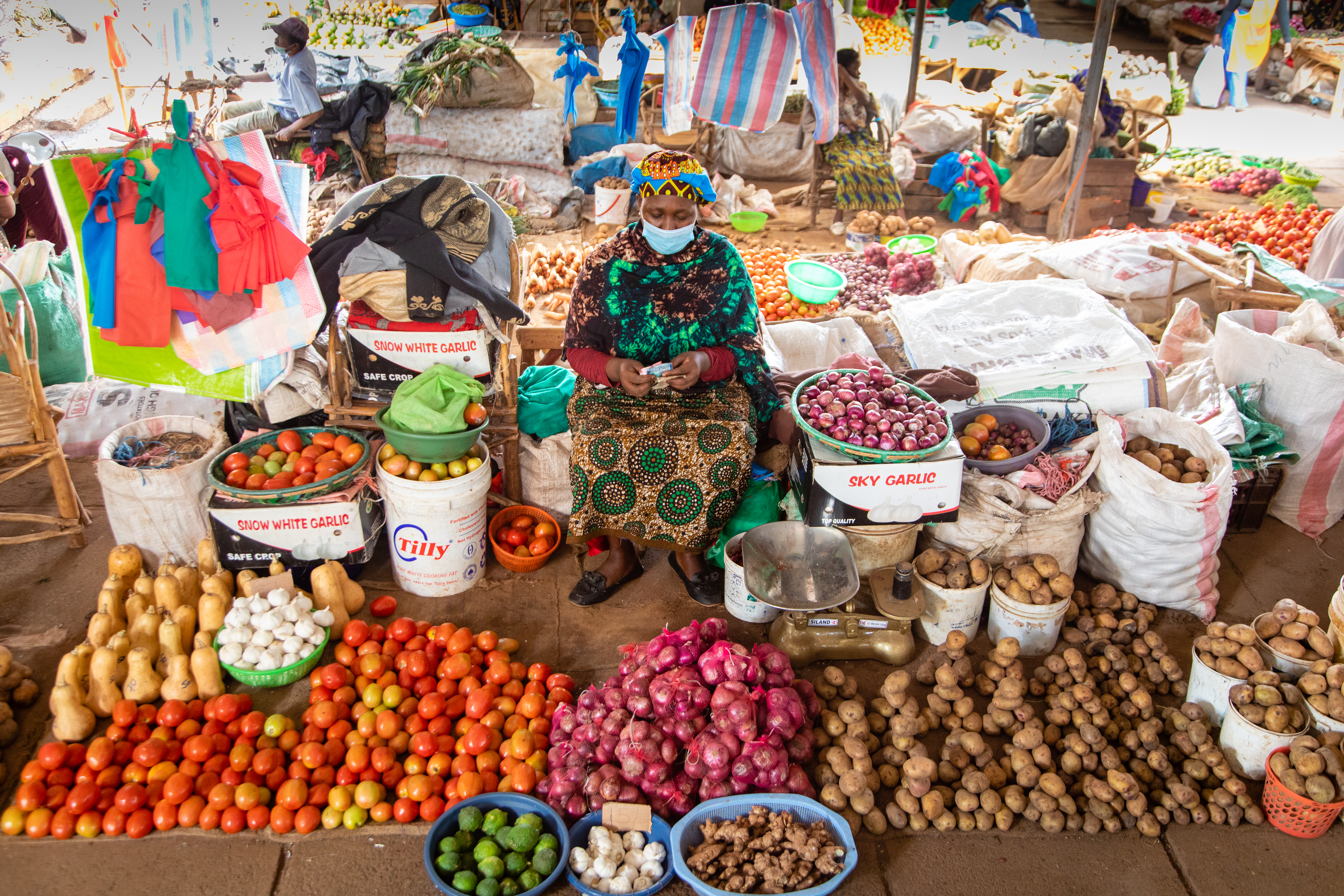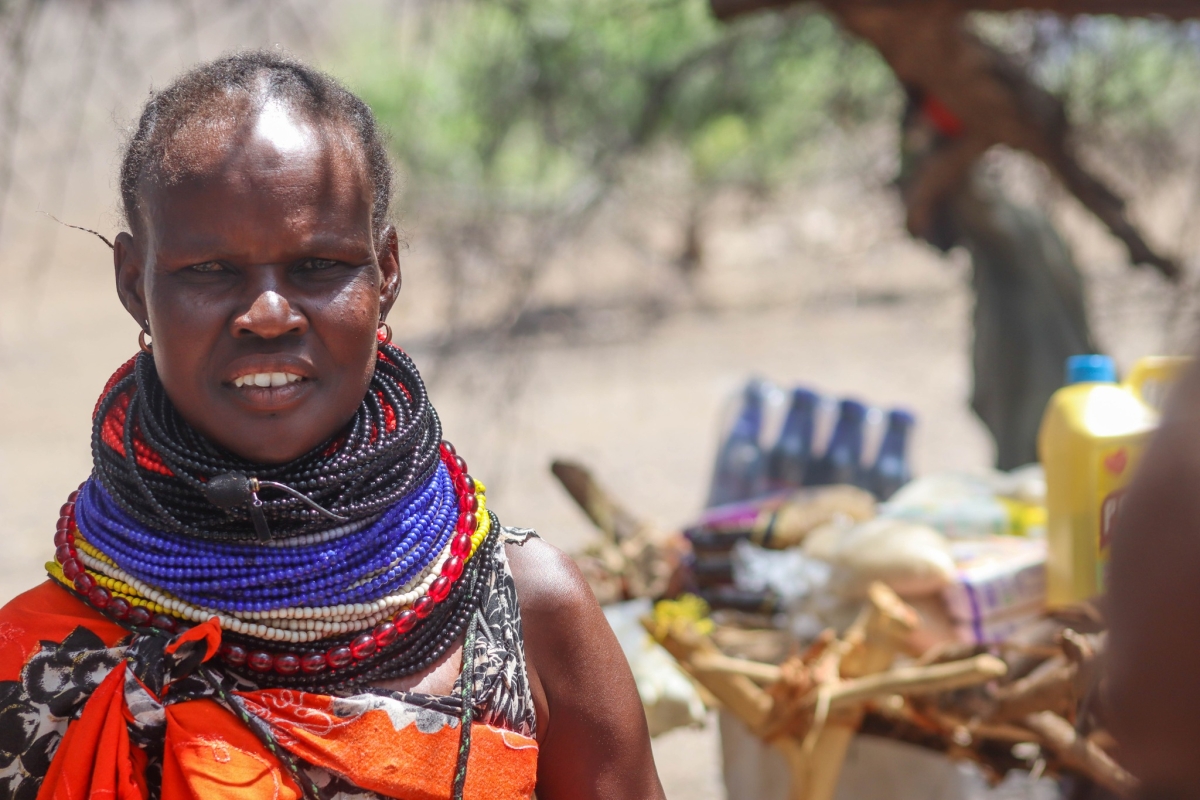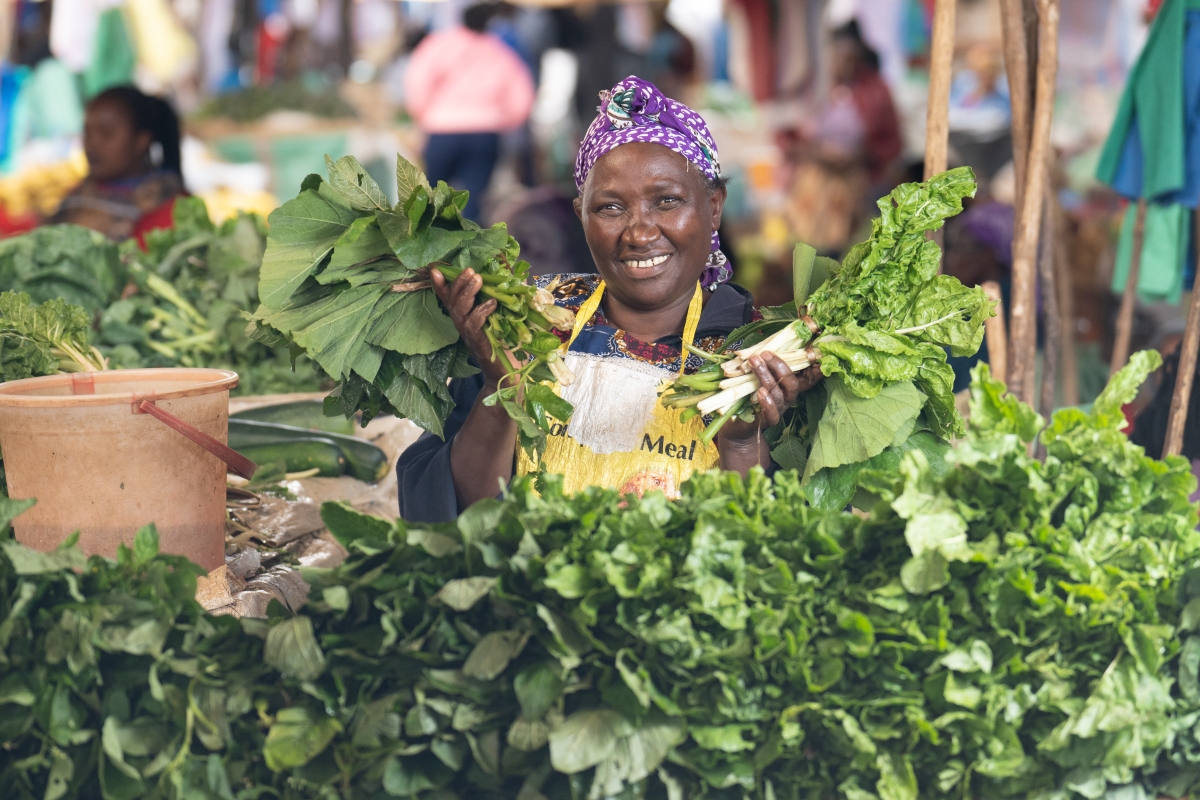

CAtalyzing Strengthened policy aCtion for heAlthy Diets and ResiliencE (CASCADE)
CASCADE is a Dutch-funded project whose goal is to improve food security and contribute to the reduction of malnutrition of at least 5 million women of reproductive age and children under five in Benin, Nigeria, Uganda, Kenya, Ethiopia, and Mozambique. In Kenya, the programme targets to directly benefit 900,000 women of reproductive health and children under five and indirectly reach 4 million beneficiaries. CASCADE is being implemented by a consortium of GAIN and CARE International Kenya in Nakuru, Nyandarua, and Nairobi Counties.
The project runs from 2022-2026 and has five domains:
(i) Influence and strengthen government bodies to improve the implementation of national nutrition-related policies;
(ii) Engage private service providers to improve implementation of nutrition-related policies by offering accessible affordable products and services;
(iii) Empower community members and government service providers to challenge existing counterproductive practices and improve essential nutrition-related services;
(iv) Strengthen women’s capacities to benefit from (improved) nutrition-related policies, enabling them to produce, acquire prepare and consume healthy diets; and
(v) Promote synergies where relevant actors mutually reinforce each other. GAIN is implementing domains one and two while CARE International is implementing domains three and four with domain five shared by the partners.
Vegetables for All
Vegetables for All is a Dutch Government-funded five-year project that aims to improve dietary diversity for 1.1 million urban and peri-urban Bottom of the Pyramid (BoP) consumers by increasing consumption of vegetables in alignment with global guidelines. The project is being implemented in five counties: Nairobi, Kiambu, Machakos, Nakuru and Mombasa. The project targets families with children aged 3-12 in the lower income group, earning between USD 118 - 355 per month.
Based on GAIN's consumption studies, the project aims to improve vegetable consumption by focusing on the following elements: vegetable safety, vegetable freshness at the point of purchase, proximity of vegetable sellers, variety and taste. These will be delivered through Fit Food Zones.
Fit Food Zones (FFZs) are the last mile/point of purchase integrated solution offered by the FitFood Brand to deliver the consumers’ expectations on freshness, safety, proximity, variety and taste. The FFZ includes other small retailers that sell vegetables to the target audience including local retail supermarkets and traditional markets. Other community services, such as schools and churches, are considered relevant stakeholders in the FFZs due to their ability to communicate brand messages and influence consumption.
The project will:
- Create partnerships with private actors and organizations who employ different models at various levels and support sourcing of vegetables from Good Agricultural Practices (GAP) compliant suppliers to increase the all-year availability of safe vegetables in target markets.
- Increase access to safe vegetables by supporting Last Mile Vendors (LMVs) i.e mama mbogas, aggregators, local supermarkets, markets and linking them to approved suppliers. The support will include branding and training.
- Strengthen existing food safety and traceability mechanisms for vegetables.
- Improve consumers' willingness to purchase vegetables and make choices based on benefit criteria through conducting promotional activities.
-
Create an enabling environment to support the access and demand project activities as well as address rules and incentives, and information flows across vegetable system actors (private sector, government officials, consumers).

Nutrition in ASALs Within Integrated Resilient Institutions (Nawiri)
Nutrition in ASALs Within Integrated Resilient Institutions (Nawiri), is a USAID Bureau for Humanitarian Assistance (BHA) five-year research and development program that is being implemented in the arid and semi-arid counties of Isiolo and Marsabit in Kenya. The project’s goal is to sustainably reduce persistent levels of acute malnutrition among vulnerable populations in the two counties, strengthen systems and institutions to sustain change and contribute to global learning on malnutrition. NAWIRI is led by Catholic Relief Services (CRS) in a consortium with the Global Alliance for Improved Nutrition (GAIN), Concern Worldwide, Village Enterprise, Tufts University, IBTCI, The Man off Group, and Caritas Isiolo, and Marsabit. GAIN is leading interventions under the Marketplace for Nutritious Food (MNF) approach to help ensure improved accessibility, affordability, and availability of nutritious food products all year round in targeted communities.
GAIN Kenya in partnership with the County Governments of Isiolo and Marsabit is supporting two SMEs to provide safe and nutritious food to malnutrition hotspots. The scope of support includes technical support (business assessment, market analysis, business plan development, product development, supply, sales, marketing strategy, and consumer demand creation) and provision of dairy and meat processing equipment. The processing equipment will enhance production and ensure the improved shelf life of the nutritious products. Besides, GAIN has mapped and trained last-mile vendors on the supply of safe and nutritious foods to the malnutrition hotspots.
To improve desirability and availability of diverse nutritious foods in the community, GAIN is conducting cooking demonstrations to empower communities in Isiolo and Marsabit Counties with practical knowledge and skills on preparation methods of other nutritious food items like fish, meat, and vegetables
